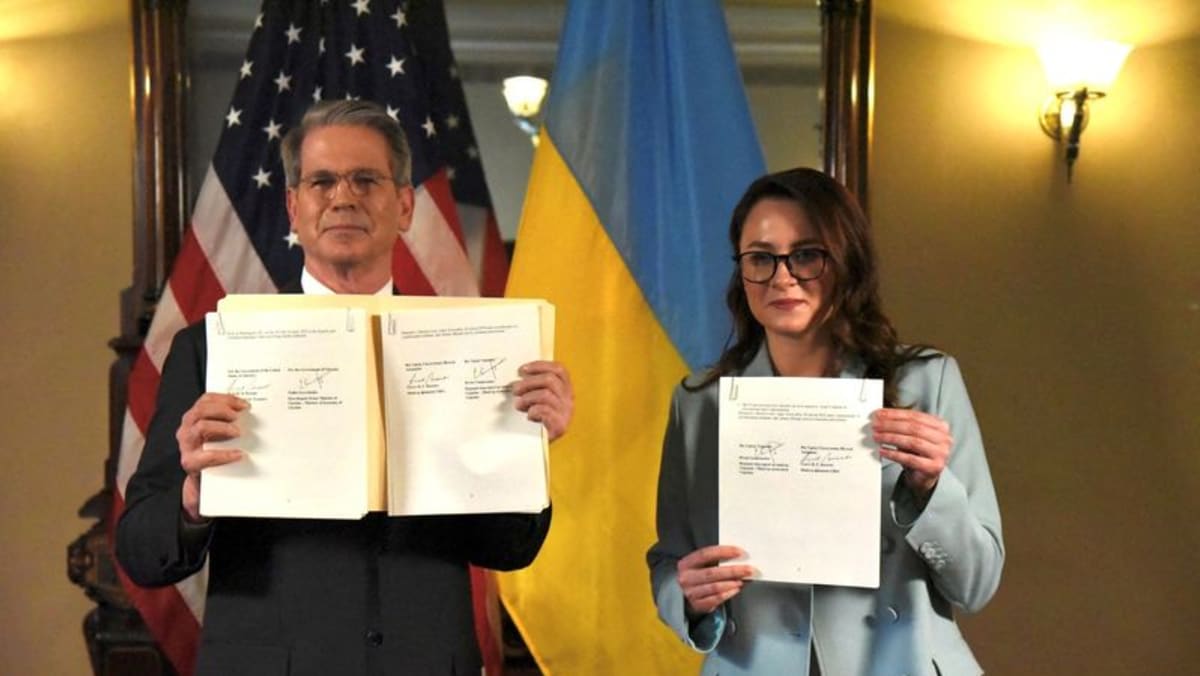There is a certain logic to US Treasury Secretary Scott Bessent’s claim that an economic partnership would “lay the foundations for a durable peace by sending a clear signal to … the government of Russia about the importance of Ukraine’s future sovereignty and success to the US”. But it does not constitute the formal security guarantee required to credibly deter Russia from future aggression.
And without that, a future Ukrainian government might yet again find itself in a situation similar to February 2022 when, despite the presence of many American and European investors in Ukraine, the Western response fell short of putting boots on the ground.
Without a ceasefire in place or a peace agreement on the horizon, insisting on an iron-clad American security guarantee was unlikely to be a winning strategy. And it seems clear now that Mr Zelenskyy realised this just in time, which enabled him to finalise the minerals deal with Mr Trump.
This may not have brought him closer to the just and durable peace that Ukraine and its people deserve, but it has kept Ukraine – and its European allies – in the game for now.
Buying time is a risky strategy for Kyiv when Russia still has momentum behind its campaign on the battlefield – but it might be a winning strategy to let Mr Trump realise that putting pressure on Mr Putin is the key to unlocking the peace deal that has so far eluded him.
Stefan Wolff is Professor of International Security at the University of Birmingham and Head of the Department of Political Science and International Studies.
